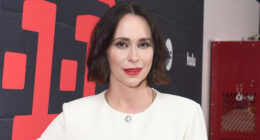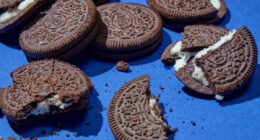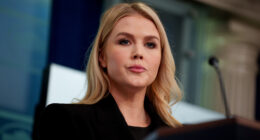Drinking some tea and coffee does not harm babies, but smoking is twice as bad as previously thought, according to new research.
The NHS recommends that pregnant women should drink no more than 200mg of caffeine a day, equivalent to two cups of instant coffee or tea. They should also stop smoking. This is because drinking large amounts of caffeine and smoking have been associated with increased risk of pregnancy complications, premature birth and foetal growth restriction.
But a study by Cambridge academics has found no evidence that above average caffeine intake throughout pregnancy is linked to pre-term birth or smaller babies. In contrast, the study calculated that women who smoked during pregnancy were nearly three times more likely to give birth prematurely compared with non-smokers – more than double the previous estimate. It also found that babies born to mothers who smoked were four times more likely to be small for their gestational age, putting them at risk of serious complications including breathing difficulties and infections.
The findings come as a separate study by the University of Essex found that a pregnant woman or partner losing their job was associated with an increased risk of miscarriage or stillbirth. The study found a doubling in the chances of a pregnancy miscarrying or resulting in a stillbirth after the loss of a job.
Previous studies looking at the links between smoking, caffeine and adverse pregnancy outcomes have tended to rely on self-reported data to estimate exposure, often at a single time point in pregnancy, which is not always reliable.
READ RELATED: 16 Early Prime Day Sex Toy Deals to Shop Ahead of Big Deal Days
This research, published in the International Journal of Epidemiology, examined metabolites from smoking (cotinine) and caffeine (paraxanthine) in the blood samples of more than 900 women who took part in the Pregnancy Outcome Prediction study between 2008 and 2012. Researchers analysed levels of cotinine and paraxanthine found in the blood at 12, 20, 28 and 36 weeks of pregnancy and classified the women’s exposure to smoking and caffeine consumption accordingly.
Prof Gordon Smith, the head of the department of obstetrics and gynaecology at the University of Cambridge, said the findings underlined the importance of smoking cessation services. “We’ve known for a long time that smoking during pregnancy is not good for the baby, but our study shows that it’s potentially much worse than previously thought,” he said. “It puts the baby at risk of potentially serious complications from growing too slowly in the womb or from being born too soon.”
But Smith said the findings did not mean that pregnant women should start drinking lots of espressos. Studies have shown that very high intake of caffeine, in particular coffee, is linked to a higher risk of miscarriage and still birth, which were not included in this research, he pointed out. “We only studied women who consistently had above average levels of caffeine metabolites. We did not study women who had extremely high caffeine intake. Hence, we would not interpret our findings as indicating that current recommendations around caffeine intake should be changed.”
Responding to the findings, Fleur Parker, a senior practice coordinator at NCT, said that stopping smoking during pregnancy was beneficial to the health of mother and baby, but that quitting was difficult.
“For many women, increased anxiety about pregnancy, birth and life with a new baby can make it even harder to change the habits they often rely on to manage their anxiety,” she said and advised pregnant women to talk to their midwife for help.




